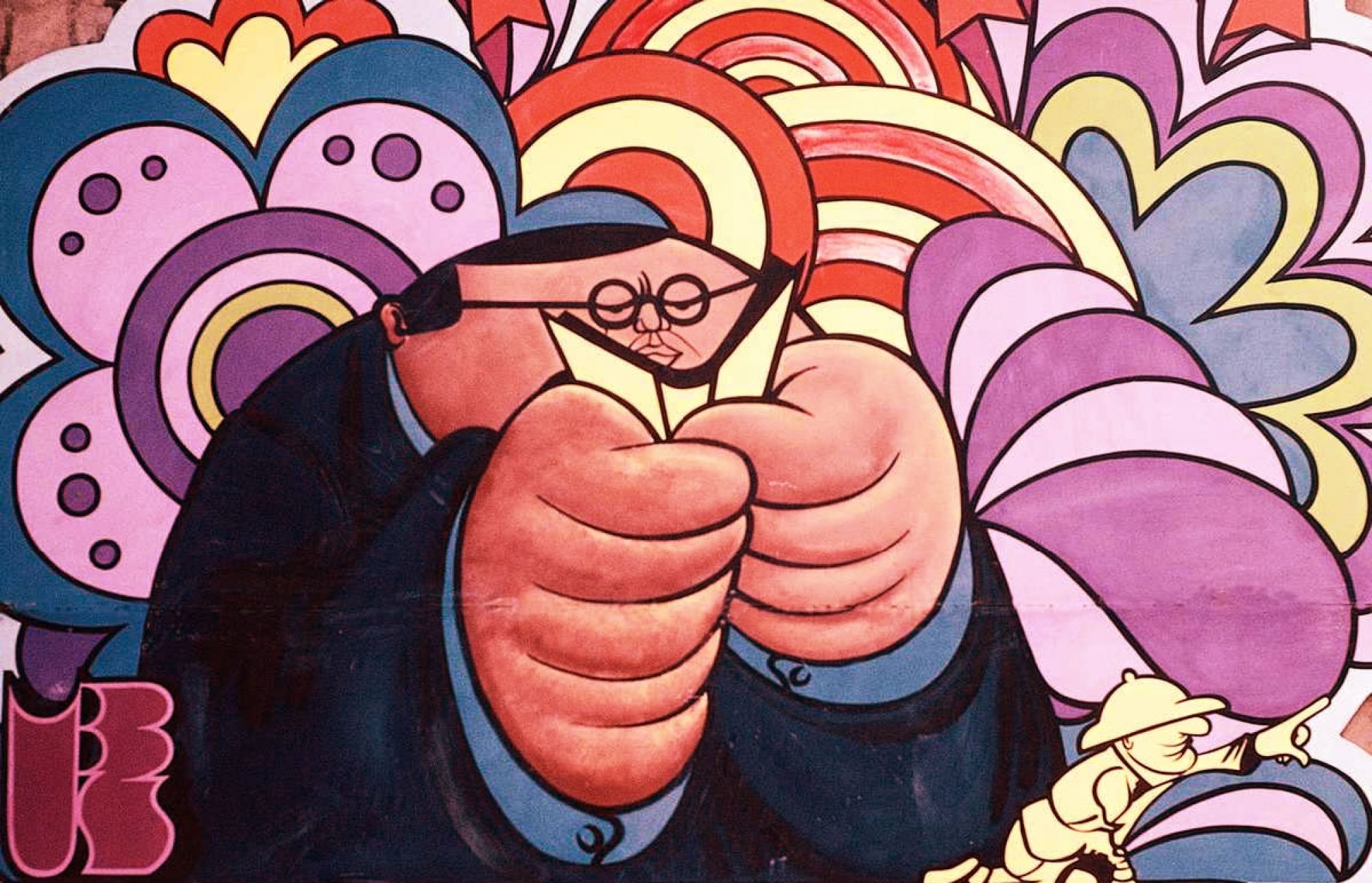Pierre Teilhard de Chardin , The Phenomenon of Man
W.H. Auden, The Portable Greek Reader
It is commonplace to say that our civilization is built on the ruins of Greece. W. H. Auden’s splendid anthology locates the truth behind the truism, while filling in the gaps in our knowledge of a people who gave us so much of our cultural legacy. Every page in The Portable Greek Reader contains some fundamental precursor of the ways in which we think about heroism, destiny, love, politics, tragedy, science, virtue, and thought itself, Included are excerpts from the mythologies of Hesiod; the martial epics of Homer; the dramas of Aeschylus, Sophocles, and Euripides; the philosophy of Plato, Aristotle, and Heraclitus; Aesop’s fables; poems by Pindar and Sappho; the scientific writings of Euclid, Galen, and Hippocrates; and the history of Thucydides. Presented in their most elegant and authoritative translations, and accompanied by Auden’s brilliant introduction, these selections recreate the Greek world in all its splendor, strangeness, and sophistication.
“Engaging and full and intelligent … a command performance, brought off with considerable aplomb.”
—The New York Times
( Courtesy of GoodReads, 728 pages )
The Fountainhead, by Ayn Rand
The Unconscious Civilization, by John Ralston Saul
In this intellectual tour de force, Saul argues that the West now toils unconsciously in the grip of a stifling “corporatist” structure that serves the needs of business managers and technocrats as it promotes the segmentation of society into competing interest groups and ethnic blocks.
( Courtesy of GoodReads , 200 pages )
Conscience And Its Critics, protestant conscience, enlightenment reason, and modern subjectivity, by Edward G. Andrew
Conscience and Its Critics is an eloquent and passionate examination of the opposition between Protestant conscience and Enlightenment reason in the seventeenth and eighteenth centuries. Seeking to illuminate what the United Nations Declaration of Rights means in its assertion that reason and conscience are the definitive qualities of human beings, Edward Andrew attempts to give determinate shape to the protean notion of conscience through historical analysis.
The argument turns on the liberal Enlightenment’s attempt to deconstruct conscience as an innate practical principle. The ontological basis for individualism in the seventeenth century, conscience was replaced in the eighteenth century by public opinion and conformity to social expectations. Focusing on the English tradition of political thought and moral psychology and drawing on a wide range of writers, Andrew reveals a strongly conservative dimension to the Enlightenment in opposing the egalitarian and antinomian strain in Protestant conscience. He then traces the unresolved relationship between reason and conscience through to the modern conception of the liberty of conscience, and shows how conscience served to contest social inequality and the natural laws of capitalist accumulation.
( from the sleeve, hardcover 259 pages )
On Equilibrium, by John Ralston Saul
What does John Ralston Saul’s influential philosophical trilogyVoltaire’s Bastards, The Doubter’s Companion and The Unconscious Civilization mean for the real lives of individuals? Is it possible to apply his groundbreaking theories to everyday life?
On Equilibrium presents us with a virtual “how to”of the ways that ideas can translate into action. Saul explains how our different qualities give us the intelligence, self-confidence and ability to think and act as responsible individuals.
Saul argues that when human qualities are worshipped in isolation they become weaknesses, even forces of destruction or self-destruction. In short, they become ideologies. But as he explores the qualities he has identified as being necessary to integrated human behaviour, he shows us that the key is to use these qualities in combination. How can we use these qualities as positive forces in our own lives and in society? How can we use them to reinforce us as humans?
On Equilibrium is an intelligent, persuasive and controversial exploration of the essential qualities of humanity and how to use them to achieve equilibrium for the self and for an ethical society. It is a logical, compelling and humane successor to his bestselling trilogy.
( from the sleeve, hardcover 370 pages )

